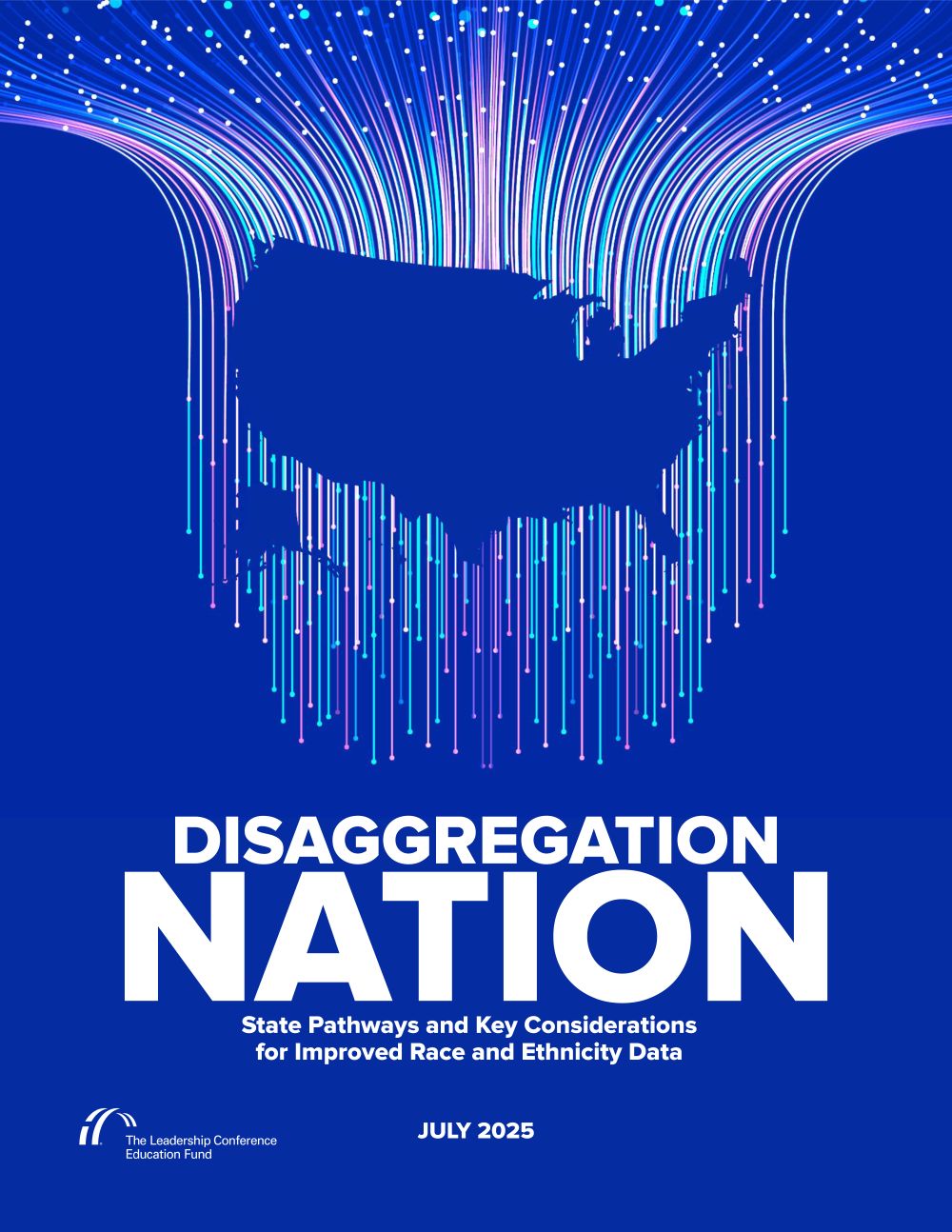Use the dots to the right to explore each section of this page.
An attack on our data is an attack on our rights.
Our Data. Our Rights. Our Power.
Use the dots to the right to explore each section of this page.
The Trump administration is actively rolling back data collection on gender identity, sexual orientation, and racial disparities—undermining decades of progress in civil rights enforcement, anti-discrimination efforts, and equitable resource distribution.
While many public datasets have been restored after removals earlier this year, there is growing uncertainty about whether this administration will continue to collect, maintain, and make these data accessible. The future of comprehensive, transparent, and publicly available demographic data is at risk.
When we lose data, we lose power. And when data collection itself is threatened, our ability to document injustice, track progress, and demand accountability is eroded. We risk losing the tools we need to protect civil rights in housing, education, health care, voting, employment, and beyond.
Use the dots to the right to explore each section of this page.
Key Messaging for Reclaiming Our Data
Use the dots to the right to explore each section of this page.


